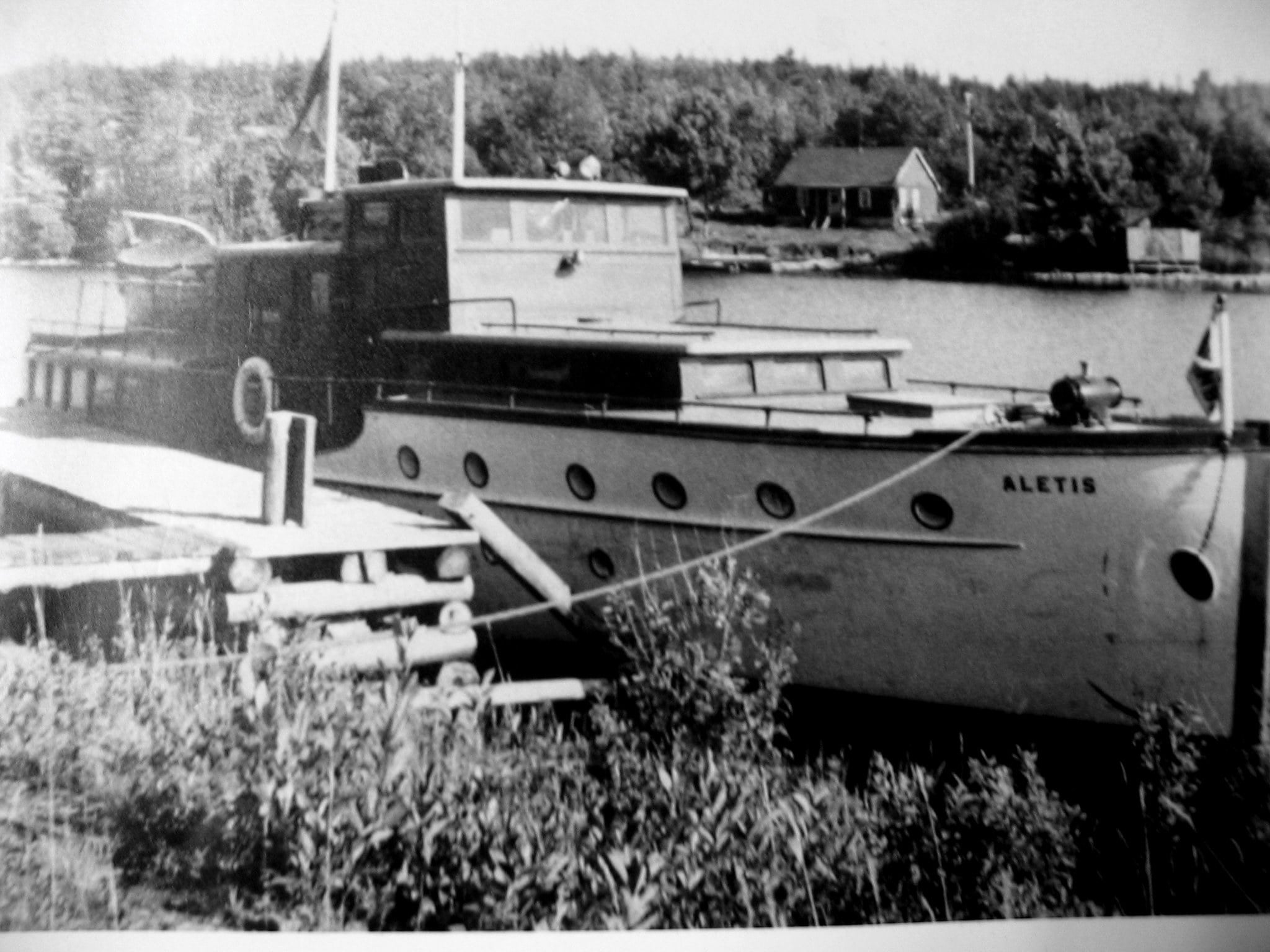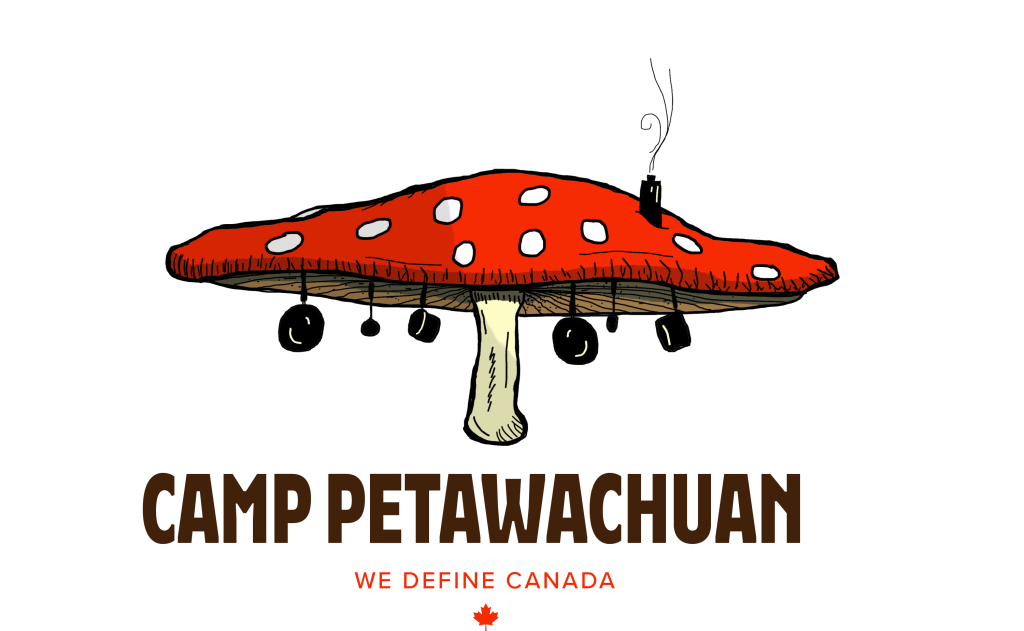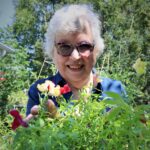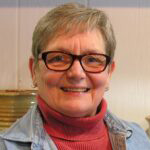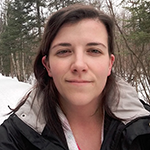At the point where Lake Nipissing empties into the French River, the Dokis First Nation thrives on lands both historic and spiritual. It’s a place where generations have lived in harmony with the water, trees, and each other. Norm Dokis, an Indigenous guide and educator, continues that tradition by sharing stories that bind his people to their past and guide them toward a resilient future.
“My father and uncles were all captains on Lake Nipissing,” Norm recalled with reverence during an interview with Back in the Bay magazine publisher Dave Dale. “They knew the river, they knew the lake, and they had a certain personality about them that people liked. They could tell the same stories I’m telling now—bringing things into perspective.”
His uncle Lawrence captained both Chief Commanda vessels, while uncle Walter piloted the ONR barge. His father, Norman Dokis Sr., helmed the Aletis, a mahogany yacht that shuttled tourists to island camps after they were dropped off by the Chief Commanda. These vessels were more than transportation—they were symbols of local pride. “The name Chief Commanda paid a lot of respect to our people,” Norm said.
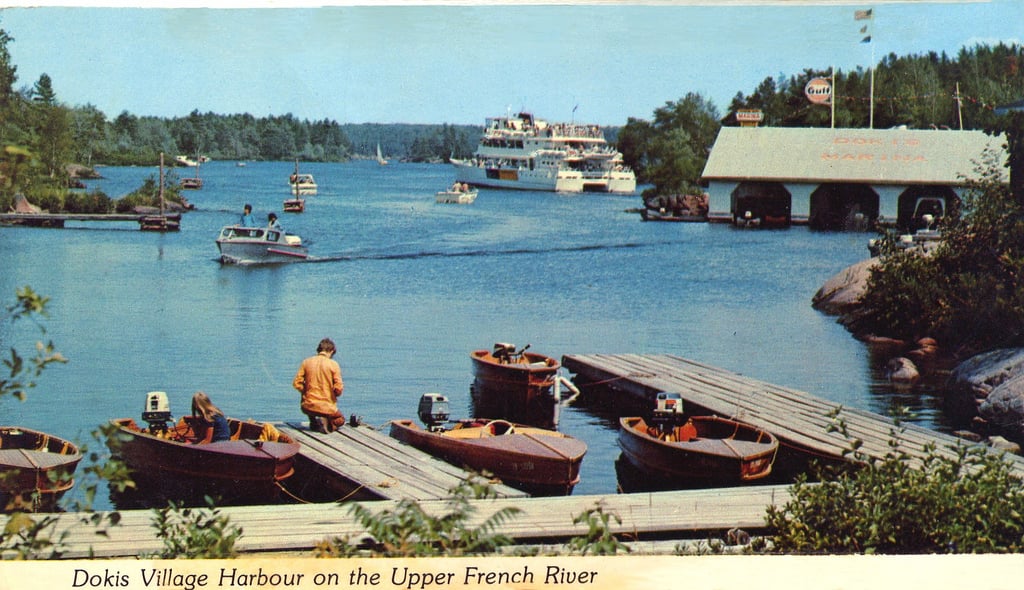

Beyond family stories, Norm speaks with admiration about one of the most critical figures in the community’s history—Chief Michael Eagle Dokis, the man who signed the 1850 Robinson Huron Treaty. Known as a visionary and a skilled fur trader, Chief Dokis foresaw the importance of sustainability and refused to be swayed by quick money, even when faced with mounting pressure from government agents and lumber companies.
“They tried everything,” Norm said. “They offered him $5,000, then $25,000, and even told him he could secretly keep $5,000 for himself. But he said, ‘Never. We’re not selling our timber. That’s for our children in the future.’” In 1888, Chief Michel Dokis found out that a lumber company trespassed on the Dokis Reserve and removed timber. Chief Dokis wrote many letters to the Canadian government but the response was sorry there is nothing we can do. Although the trespass stopped, Dokis was outraged and wrote on the bottom of each letter he received “war”. That’s how serious he was about protecting our land.
After Chief Michel Dokis died in 1906 his fierce protection of the land was passed on to his sons, but Indian agents strategically added semi-nomadic Indigenous people living outside the Dokis community to the paylist, giving them voting rights. When the timber issue was put to a vote, those newcomers outvoted the original Dokis residents, effectively green-lighting the sale of valuable white pine.
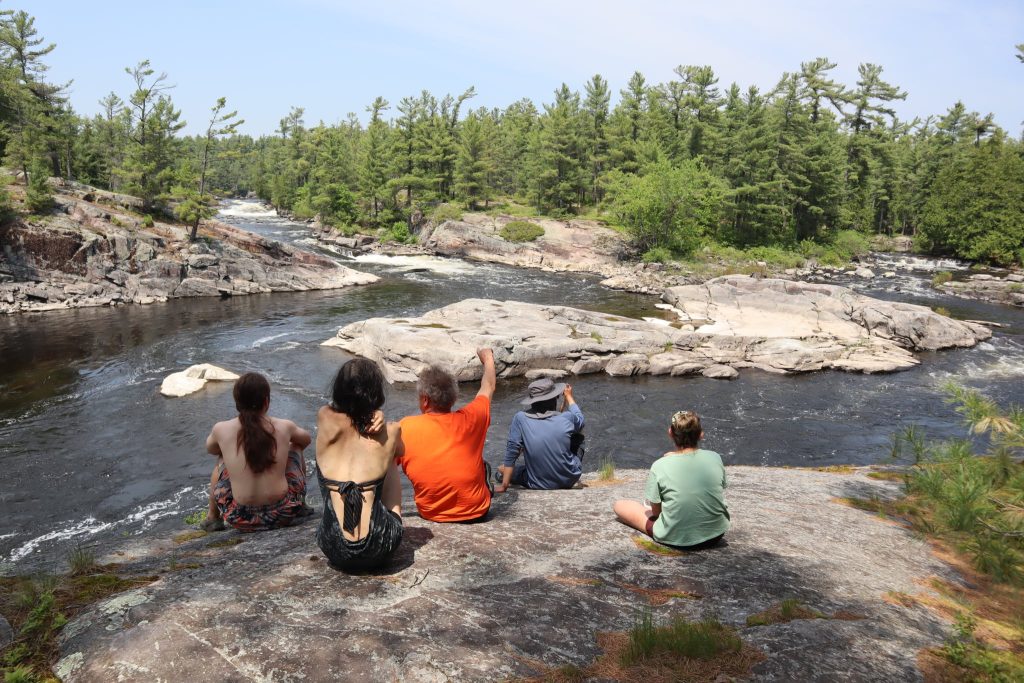

Norm Dokis talks to Nbisiing Secondary students during an outdoor classroom camping and canoeing adventure on the French River and Dokis First Nation.
“The final vote was six to four,” Norm said. “And that’s how the timber was sold. But even then, Chief Michael had the last word.
The eventual timber deal brought in $1.3 million—an enormous sum at the time. “We were the richest First Nation in Canada,” Norm said. “With that money, we built roads, a school, a church. People received royalties. In the old dumps, you’d find French champagne and perfume. This was during the Depression!”
But not all money is equal, and not all offers are accepted. In the 1950s, when Chief Frank Dokis was building the community’s road, government officials offered to fund a much-needed bridge—but only if 95% of the community’s shoreline was surrendered.
“He said no,” Norm explained. “If he had agreed, we’d have lost our pristine land. It would be filled with cottages, and we’d be guides or carpenters at best. We would’ve lost our autonomy, our culture.”
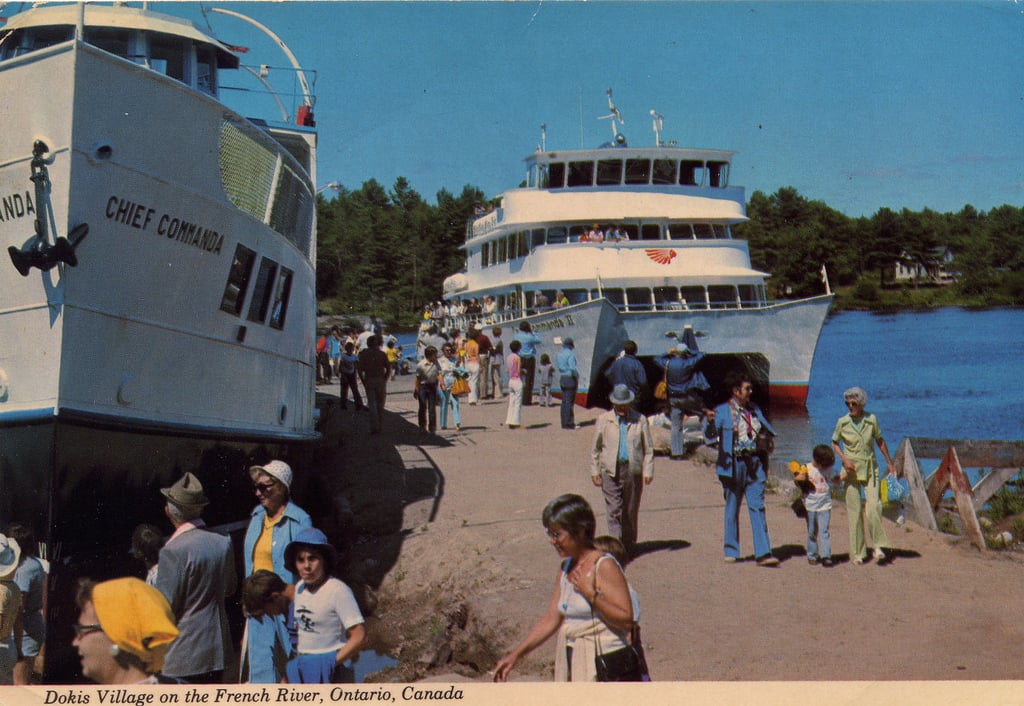

That sense of stewardship remains at the core of the Dokis identity. The French River, which runs between Okikendawt Island and the Southern Island—the two main landmasses of the Dokis First Nation—is more than a landmark. “That river is our lifeline. It’s who we are,” Norm said.
Today, the on reserve population, once around 180, has grown to over 300 and continues to rise. With improved housing, an expanding school, and growing opportunities, families are returning. The community is thriving—but with intention.
“We carry the legacy of Chief Michael Eagle Dokis’s dream,” Norm said. “That means thinking ahead for the next generations and maintaining our identity through the land and water.”
Ecotourism has long been part of the local economy, but Norm believes the future lies in embracing and sharing Indigenous culture. “We’re really becoming a mecca for urban Indigenous people trying to reconnect with their roots,” he said. From cultural powwows to guided wilderness art experiences, the community is building new avenues for education and cultural exchange.
In one project, Norm hosted the Toronto Guild of Spinners and Weavers “They wanted to dye wool using plants, and I said, ‘That’s easy.’ We went on the land and found the materials.” In another initiative, artists come to sketch and paint the surrounding landscapes. “We call it ‘Arts in the Wild.’”
Food is also part of the cultural renaissance. The community is expanding its famous “Dokis Picnic” to include wild meat, fish, traditional spices, and plant-based ingredients from the land “It’s about celebrating our Indigenous foods as much as our stories,” Norm said.
Stories, after all, are what bind it all together. Norm sees every carved paddle, every quilt stitched, and every meal shared as part of something greater.
“When we carve paddles or sit around a fire telling stories, we’re building community. It pleases that ancient sense of connection that we’re losing in the digital age. That’s what we need to get back to.”
With passionate leaders like Norm Dokis, the spirit of the French River continues to flow—not just through the landscape, but through the lives, memories, and future of the Dokis people.
Writer, photographer and proud father. My mom's family is from the Soo with its Algoma Highlands, dad hailed from Cobden in the Ottawa Valley and I spent my teen years in Capreol. Summers were at the beach on the Vermillion River and winters at 'The Rink.' Born in East York but Toronto never was my thing. Ever since a kid looking out the window on long trips, I imagined living on the highway in a little house with a big yard and trees growing all around me.

